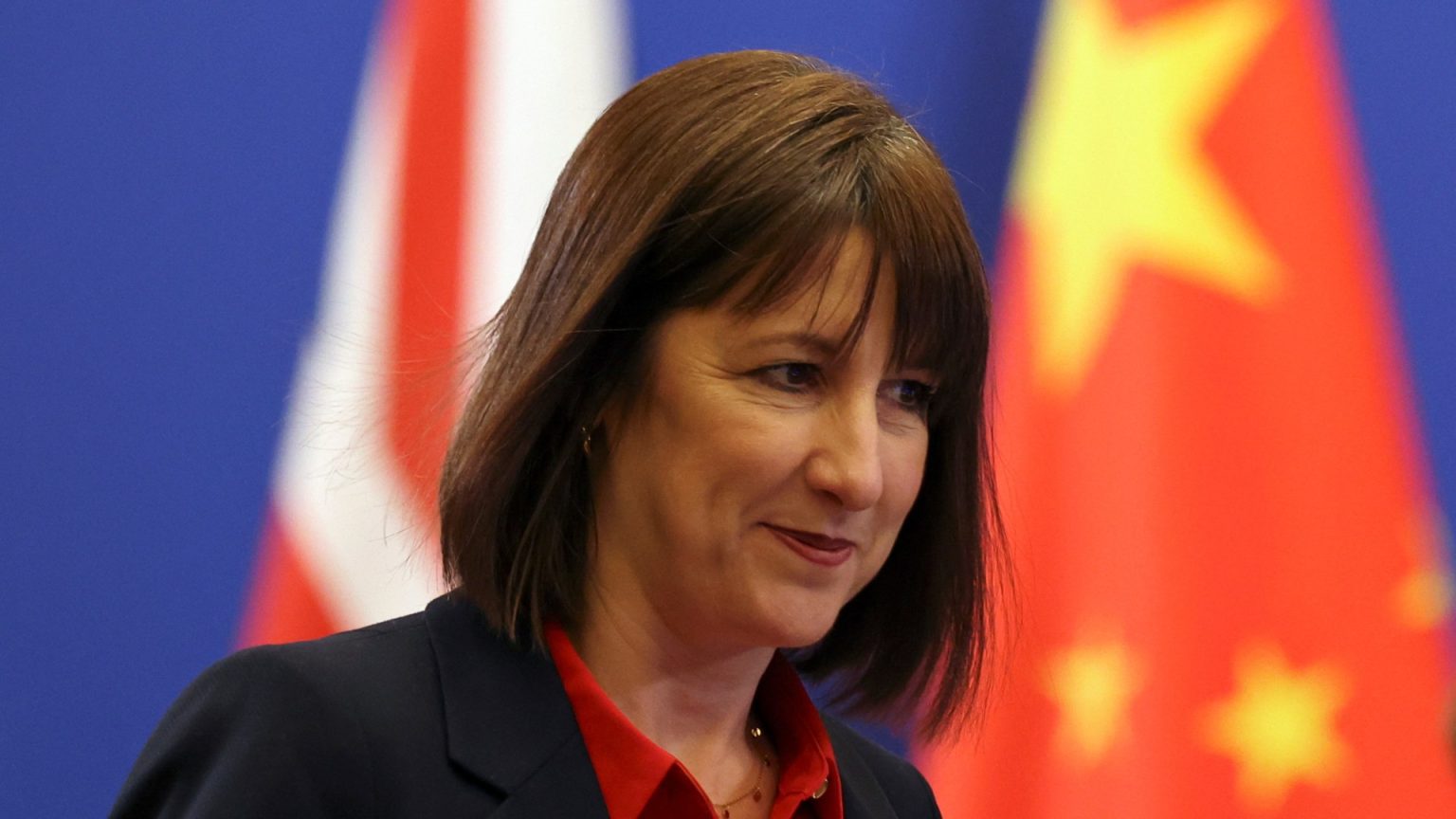The burgeoning trade relationship between the UK and China, particularly in the automotive sector, has ignited a fiery debate within the Labour party and across the political spectrum. Critics, including Labour MPs, are raising concerns about the potential economic and security ramifications of allowing a flood of cheap Chinese electric vehicles (EVs) into the UK market, unchecked by tariffs or other protective measures. This influx, they argue, threatens British car manufacturers, potentially costing jobs and undermining the domestic industry’s competitiveness. The lack of tariffs on Chinese EVs, in contrast to the policies adopted by other major economies like the US and EU, has become a central point of contention. Concerns are also being voiced about the potential for these vehicles to be used as vectors for spyware, raising national security red flags.
At the heart of this debate lies the Labour party’s stance on China, with critics within the party accusing Shadow Chancellor Rachel Reeves of prioritizing financial services deals over the interests of British manufacturing. Reeves’ recent trip to China to discuss trade and investment opportunities has drawn criticism, particularly in light of the existing concerns about Chinese trade practices and the potential repercussions for UK industries. This visit follows a meeting between Labour leader Keir Starmer and Chinese President Xi Jinping, further highlighting the party’s engagement with China amidst growing international anxieties about its economic and geopolitical ambitions. Critics within Labour are arguing that the party’s pursuit of closer economic ties with China risks sacrificing British jobs and industries, particularly in the automotive sector.
The debate surrounding Chinese EVs centers on the perceived unfair competitive advantage enjoyed by Chinese manufacturers. Opponents argue that China’s use of practices like forced labor, particularly among Uyghur Muslims, allows them to produce vehicles at significantly lower costs than their British counterparts. This price differential, coupled with the absence of tariffs, allows Chinese EVs to undercut British manufacturers, potentially leading to job losses and factory closures. Critics like MP Blair McDougall argue that engaging in trade with China should not come at the expense of British workers or compromise national security. He has raised concerns about the potential exploitation of forced labor in Chinese supply chains, highlighting the ethical dimensions of this trade relationship.
Senior Labour MP Sarah Champion echoed these concerns, specifically highlighting the threat posed by Chinese-branded MG cars to British car production. She questioned why the UK remains the only G7 nation without tariffs on Chinese EVs, drawing parallels with Australia’s experience, where a similar influx of Chinese vehicles decimated the domestic automotive industry. Champion’s comments underscore the growing unease within Labour ranks about the potential consequences of unchecked Chinese imports and the party leadership’s seemingly acquiescent stance. Her focus on the MG brand, marketed as a British brand despite its Chinese ownership, highlights the complexities of globalized manufacturing and the challenges of protecting domestic industries in an interconnected world.
Former Conservative Party leader Iain Duncan Smith has also weighed in on the controversy, accusing Reeves of prioritizing financial deals over manufacturing jobs. He characterizes the Labour approach as a “devil’s pact” that risks turning the UK into a “dumping ground” for cheap Chinese goods, echoing concerns previously raised about the impact of Chinese steel imports on the British steel industry. Duncan Smith’s intervention highlights the cross-party nature of the concerns about Chinese trade practices and the potential for economic damage to the UK. His criticism of Reeves further intensifies the pressure on the Labour leadership to address the growing unease within its own ranks.
The government’s response to this growing chorus of criticism has been relatively muted. A spokesperson for the Department for Business and Trade stated that any action taken would need to be appropriate for the UK automotive industry and subject to investigation by the independent Trade Remedies Authority. The spokesperson also affirmed the government’s vigilance regarding international developments and its willingness to act if concerns arise regarding the UK automotive industry. This statement, however, lacks concrete commitments and has done little to assuage the concerns of critics who are calling for immediate action to protect British manufacturers from what they perceive as unfair competition. The lack of a decisive response further fuels the ongoing debate and leaves open the question of how the UK will navigate its increasingly complex economic relationship with China.




